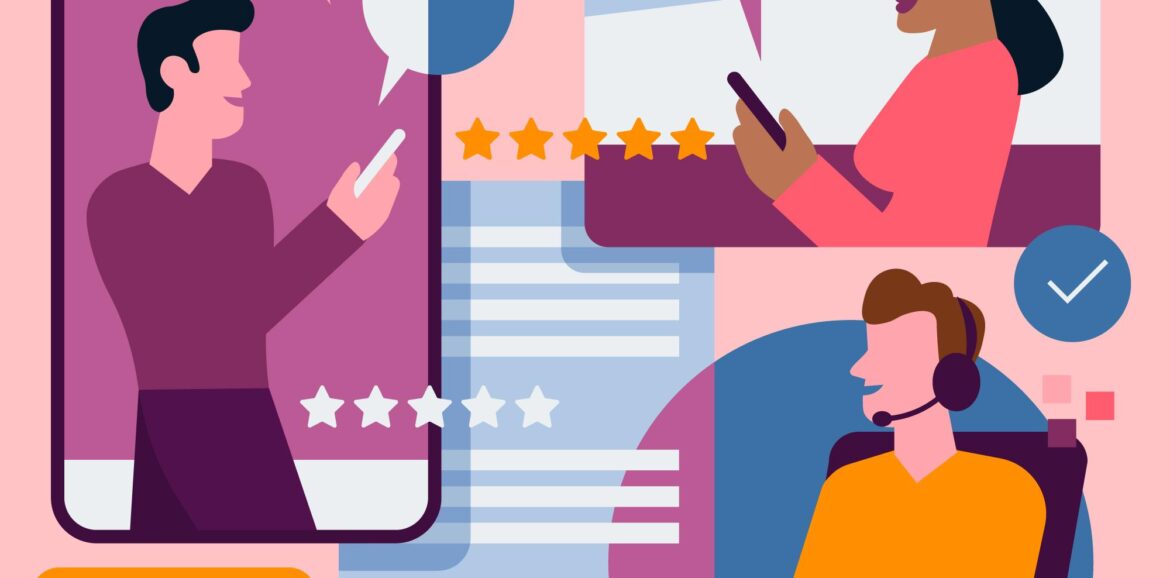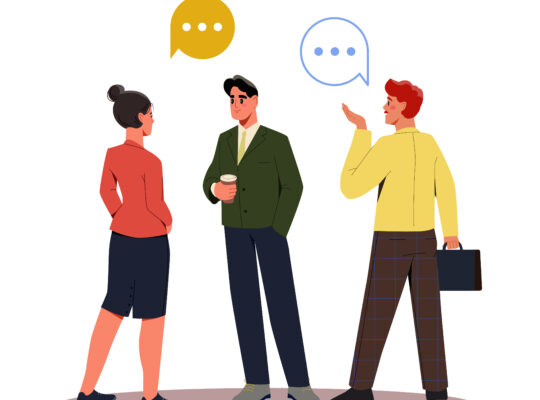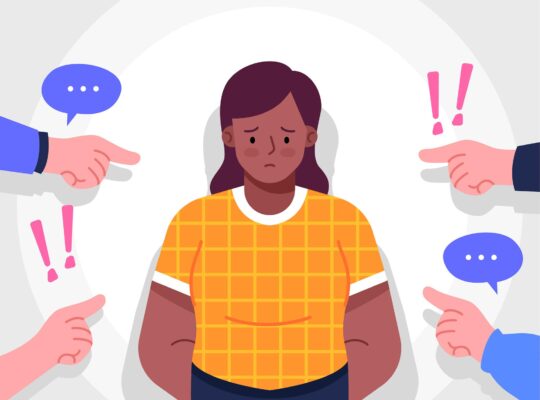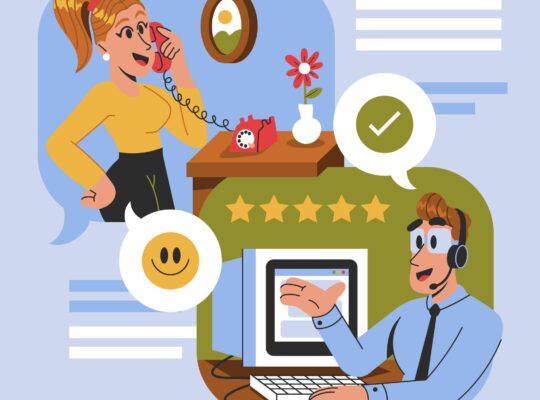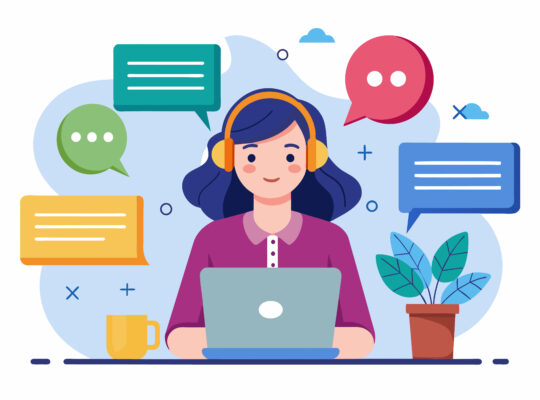| Customer Service: Serving Customers Through Chat and Text | ||
| Instructor: Leslie O’Flahavan | ||
| Released: 12/18/2019 | Course Details 38m Intermediate | |
| Skills Covered Customer Service Systems | Course Link | |
| Professional Certifications and Continuing Education Units (CEUs) N/A | ||
| Customers are demanding more ways to connect with companies when they need help. Live chat and text are the fastest growing and most popular channels. While you may be a pro at writing emails, you need a whole new set of skills to handle live, rapid-fire chat and text conversations. You’ll need to be able to handle multiple conversations at one time, and may even be required to sell or recommend products. This course walks through each of these situations, and more, using real-world chats and texts. Instructor Leslie O’Flahavan also explains how to incorporate templates and empathy statements and add your own authentic spin—all while maintaining your company’s brand. Learn all the writing skills you’ll need to provide top-notch live chat and text customer service. Learning objectives – Asking questions that solve problems – Switching channels with ease – Handling delays – Managing your response length – Blending templates and free text – Writing in your company’s brand voice – Pushing content that boosts sales Source: LinkedIN Learning | ||
Do More Than Answer Questions – Solve Problems
Ask probing questions
Open-Ended Questions: Help customers to express needs
Probing Questions: Prob issues
Close-Ended Questions: Confirm understanding
Confirm the customer understands
- Troubleshooting software/apps
- Making product suggestions
- Presenting choices
Know when to switch channels
Switch to a Phone Call
- Customer unable to follow directions.
- “Can I call you or can you call me?”
- Customer has poor writing skills
- You don’t want a written record
Control the Conversation
How to open and close the chat
Chat Opening
- Build rapport.
- Start customer service.
Build rapport by introducing yourself and using the customers name in the opening sentence.
Remember to close the chat on an upbeat note and say thank you.
Handle delays with grace
Agent Delays
- Inform customer you are doing something else.
- Give time approximation.
- Communicate outcome.
Customer Delays
- Acknowledge the customer stepped away from the chat and indicate how long you will wait.
- Tell the customer you can’t wait any longer and the chat will be terminated.
- Let the customer know how to reconnect with customer service.
Cue the customer you’re keeping track of the conversation
Tips for Handling Out-of-Sync Chats
- Go with customer flow.
- Keep track and answer all customer questions.
- Use words that return to related topics.
Manage the length of your response
Limit chats to 40 words or less. Limit texts to 160 characters.
Blend Templates and Freetext
Use templates in specific customer service situations
When to use templates
- For detailed content that blends words and numbers
- For multi-step instructions.
- When asking customers to wait.
Freetext to make chat efficient and authentic
Free-texted responses fit the customer’s mood and topic.
Use a Conversational Tone
Match the customer’s level of formality
How do they write their name?
- Dr. Amy Hunter
- Amy Hunter
- Amy
- Do they use emojis in their text?
- Do they write full sentences?
- Do they use conventional punctuation?
- Do they create personal connection?
Write in your company’s brand voice
Write using the brand voice and be consistent.
Brand Voice:
How your brand personality comes across in words.
Brand Voice Opportunities:
- Greeting and closing
- Apologizing
- Offering help
- Accepting thanks
- Showing understanding
- Using emojis
Use emojis and abbreviations
Never substitute an emoji for a word. Write what you want them to know. Embellish with emojis.
Abbreviation Risks
- Appearing unprofessional
- Causing confusion
Abbreviation Tips
- Wait for the customer to use an abbreviation.
- Use well-known abbreviations.
Push Content That Boosts Sales and Provides Service
Push links, videos, and self-service content
Make sure the customer understands how to access the link and confirm that the customer was able to access the link.
Write customer service chat that sells
Upsell Opportunities
- “Sounds like Product A isn’t enough for you. Have you considered Product B?”
- “If you like Product A, you will love Product B”
- “Would you like to know more about our other products?”
Risks of Upselling
- Longer chats
- Not equipped to close the sale
- Annoyed customer
 | Remember! To experience the full benefit of this guide, I highly recommend you watch the full training session. |
